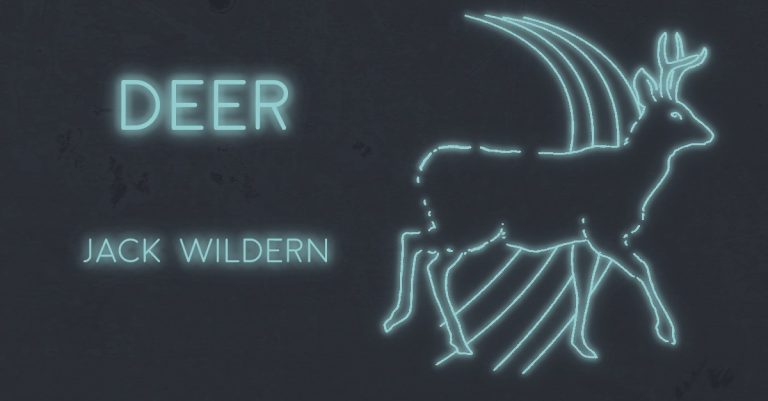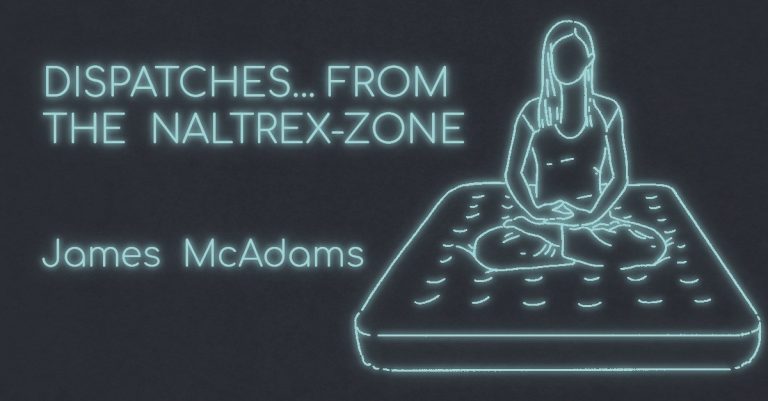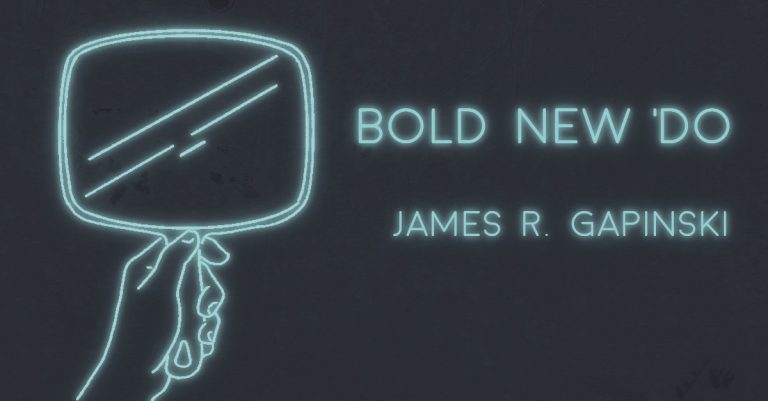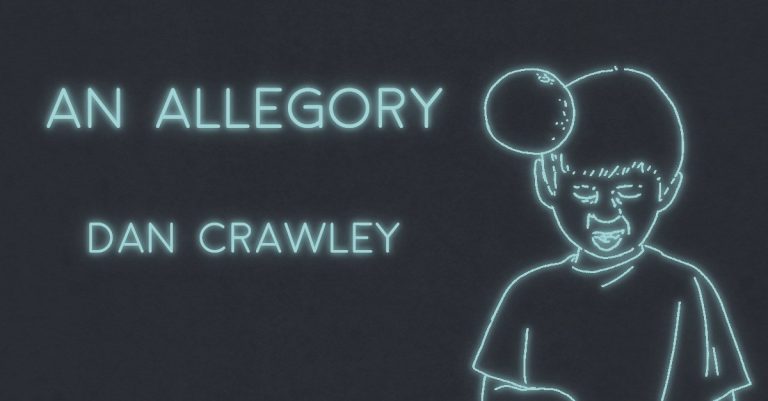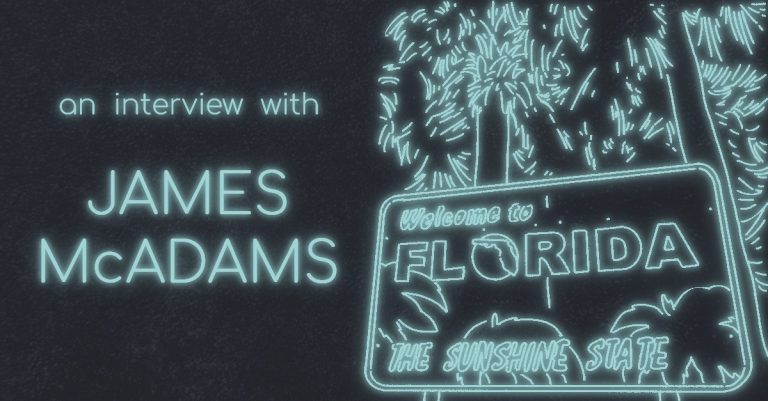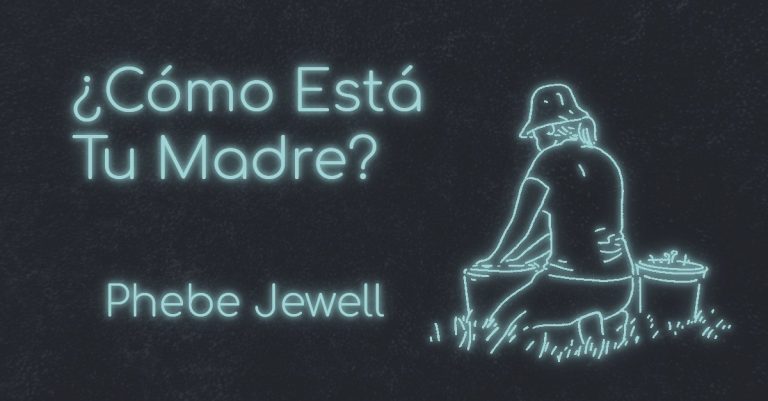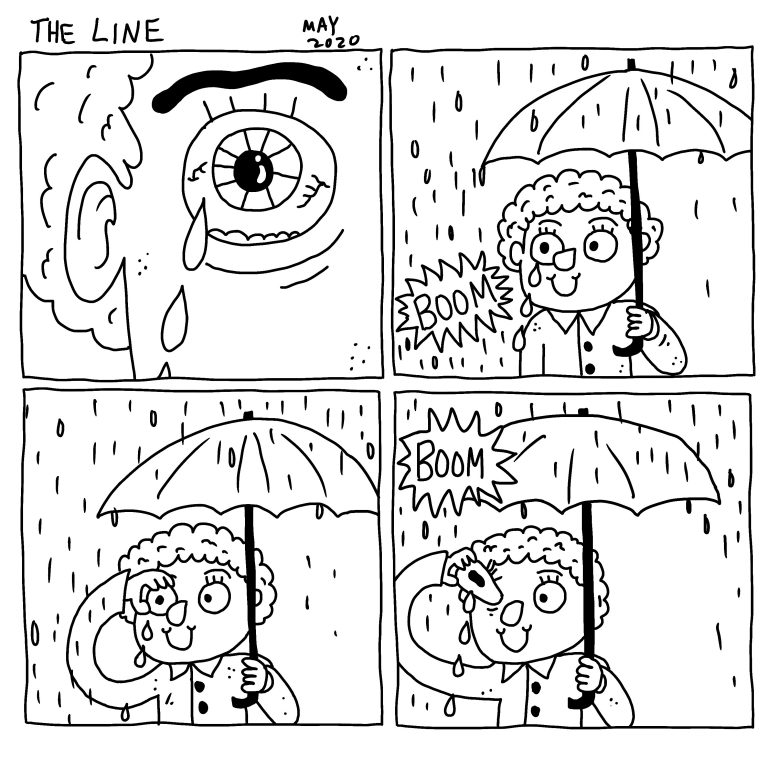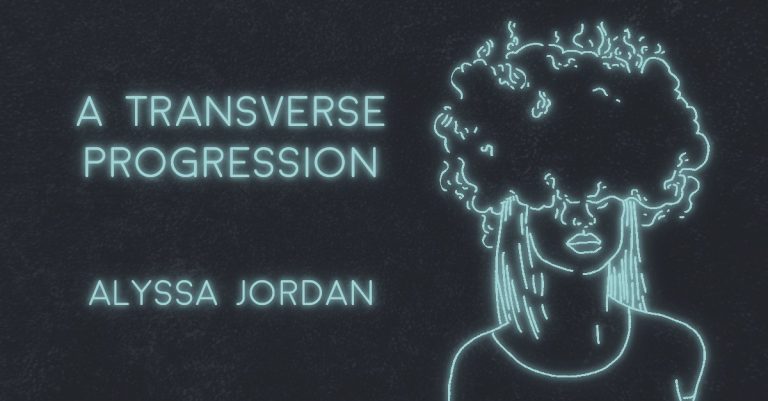
MEMORY PALACE AS MAZE by Kate Tooley
“Words fail…” No one says that anymore, but sometimes she still thinks it. She hears it in her mother’s squeaky, horsehair voice, the one that meant sarcasm: when her father put all the pots and pans in the oven to “clean them,” when the neighbor dressed her Persian cat in a tutu…But that’s not the only time words fail—quick footsteps behind her at two a.m., Ginny waving from airport pick-up after two months in Tucson, her dog’s muscles going slack before the vet has finished emptying the syringe—these are also things that cause a blank space, a lapse in words.

